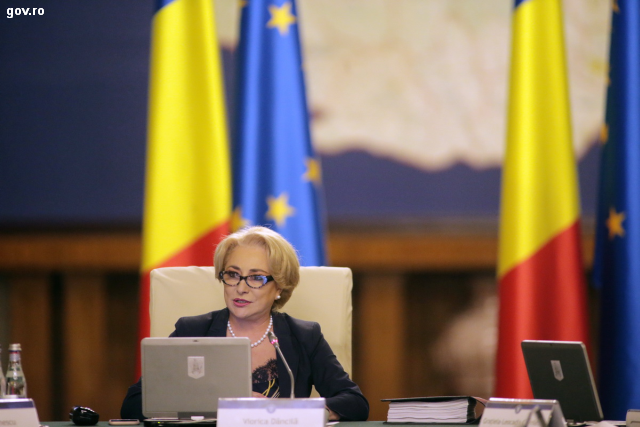Changes to the public sector salary law
The government has issued an emergency order to amend the public salary law for healthcare and education staff

Leyla Cheamil, 17.05.2018, 14:15
First enforced last year on July 1st, the new salary law has started to produce consequences this year. It provided for salary increases for staff in the areas of education, healthcare and the judiciary and for other specific categories of public sector employees.
The law has turned out to be controversial, however, generating huge frustration among the teaching staff and healthcare employees. The former took to the streets demanding the amendment of fiscal and budgetary measures that led to lower incomes for thousands of employees on medical leave. They also asked for the renegotiation of the salary law, which they say created discrimination among employees.
Healthcare employees also staged a number of protests this year over the 30% cap on benefits that led to a drop in incomes. Following these reactions, the government on Wednesday issued an emergency order to amend the public sector salary law as agreed last week with healthcare and education trade unions.
Prime minister Viorica Dancila: “To clarify a number of provisions, the document we have adopted contains a series of measures for the employees in the healthcare sector, as well as for the employees in the education sector. I would like to once again thank the entire government team who have found the solutions to address the situations that have appeared.”
Following the changes to the public sector salary law agreed last week after talks with the trade unions, healthcare employees whose incomes dropped in March compared with February will receive compensations. Also, payment of on-duty time performed by doctors and nurses will no longer be subject to the 30% cap on benefits. In the education sector, the government’s emergency order stipulates that the food allowance will also be granted to higher education staff, who benefited from meal vouchers in 2017.
Another provision refers to a 20% increase in the salaries of school inspectors. The government has also issued an emergency order on granting the necessary funds to keep the specialist staff in the defence industry. The Romanian defence industry faces closure due to the lack of investment funds for the sector. (Translated by Cristina Mateescu)






























